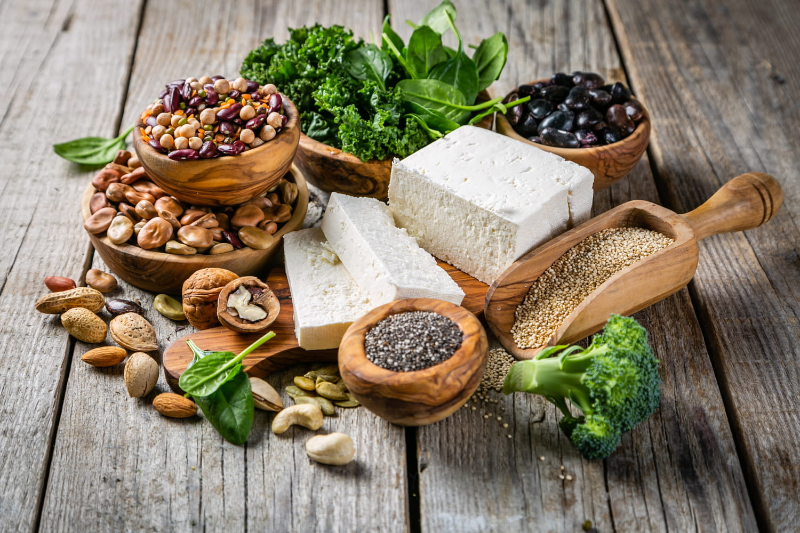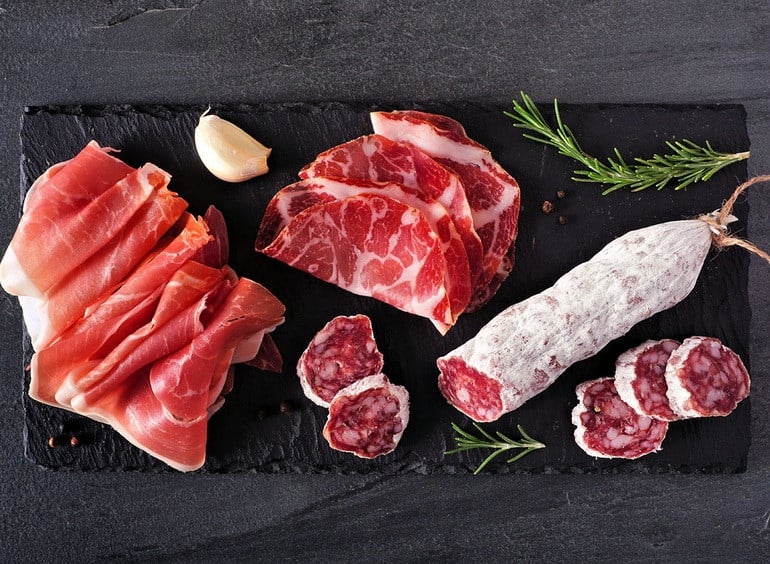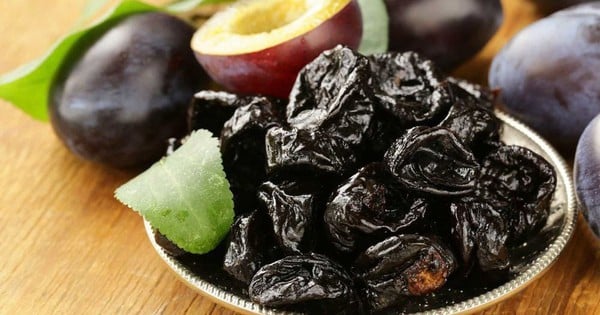Limiting animal protein and replacing it with vegetable protein reduces the risk of certain cardiovascular diseases and is beneficial for health.
1. Eating more plant protein reduces the risk of heart disease
Eating a diet with a higher proportion of plant protein than animal protein may reduce the risk of cardiovascular disease (CVD) and coronary heart disease (CHD), according to new research published in the American Journal of Clinical Nutrition led by scientists at the Harvard TH Chan School of Public Health.
While global dietary guidelines recommend higher amounts of plant protein, the ideal ratio of plant to animal protein is unclear, and this is the first study to investigate this ratio and its impact on health, especially cardiovascular health.

Eating lots of plant protein helps reduce the risk of heart disease.
Researchers used 30 years of data on diet, lifestyle, and cardiovascular health from nearly 203,000 men and women participating in the Nurses' Health Study I, II, and Health Professionals' Follow-up Study. Participants reported their protein intake every four years.
They calculated each participant's total protein intake, measured in grams per day, as well as the specific animal and plant proteins they consumed. During the study period, 16,118 cases of CVD, including more than 10,000 cases of CHD and more than 6,000 cases of stroke, were recorded.
After adjusting for participants' health history and demographic and lifestyle factors, the study found that eating more plant protein than animal protein was associated with a lower risk of CVD and CHD.
Compared with participants who consumed the lowest ratio of plant to animal protein (about 1:4.2), participants who consumed the highest (about 1:1.3) had a 19% lower risk of CVD and a 27% lower risk of CHD. These reduced risks were even greater among participants who ate more protein overall.
Those who consumed the most protein (21% of energy from protein) and adhered to a higher ratio of plant to animal protein had a 28% lower risk of CVD and a 36% lower risk of CHD, compared with those who consumed the least protein (16% of energy).
No significant association was found between stroke risk and this rate. However, replacing red and processed meat in the diet with some plant sources, such as nuts, was associated with a lower risk of stroke.
The researchers also looked at whether there was a point at which eating more plant protein would no longer provide additional benefits or might even have a negative effect. They found that the reduction in CVD risk began to plateau at a 1:2 ratio, but the risk of CHD continued to decrease at higher ratios of plant protein to animal protein.
According to the researchers, these reduced risks may be due to replacing red and processed meat with certain plant protein sources, especially nuts and beans. Such substitutions have been found to improve cardiometabolic risk factors including blood lipids and blood pressure as well as inflammatory biomarkers. This is partly because plant proteins are often accompanied by high levels of fiber, antioxidant vitamins, minerals and healthy fats.
The researchers also said that the ratios they determined were estimates and that more research is needed to determine the optimal balance between plant and animal protein. Additionally, more research is needed to determine how stroke risk may be affected by protein intake.

Limit red meat and processed meat consumption to protect heart health.
2. The best diet to help fight cardiovascular disease
According to the American Heart Association, a healthy diet is one of the best ways to protect against heart disease. What we eat can influence other controllable risk factors such as cholesterol, blood pressure, diabetes, and weight.
To maintain a healthy weight, people need to use up the same number of calories as they burn through normal metabolism and physical activity.
Choose nutrient-dense foods that contain vitamins, minerals, fiber, and other nutrients but are lower in calories than nutrient-poor foods. Eat plenty of vegetables, fruits, and whole grains.
In addition, it is necessary to supplement low-fat dairy products, vegetable protein, fish, poultry, beans, nuts, etc.; Limit consumption of saturated fat, trans fat, sodium, sweets, sugary drinks and red meat.
Source: https://giadinh.suckhoedoisong.vn/che-do-an-tot-nhat-giup-phong-benh-tim-mach-172250216215850851.htm


























Comment (0)